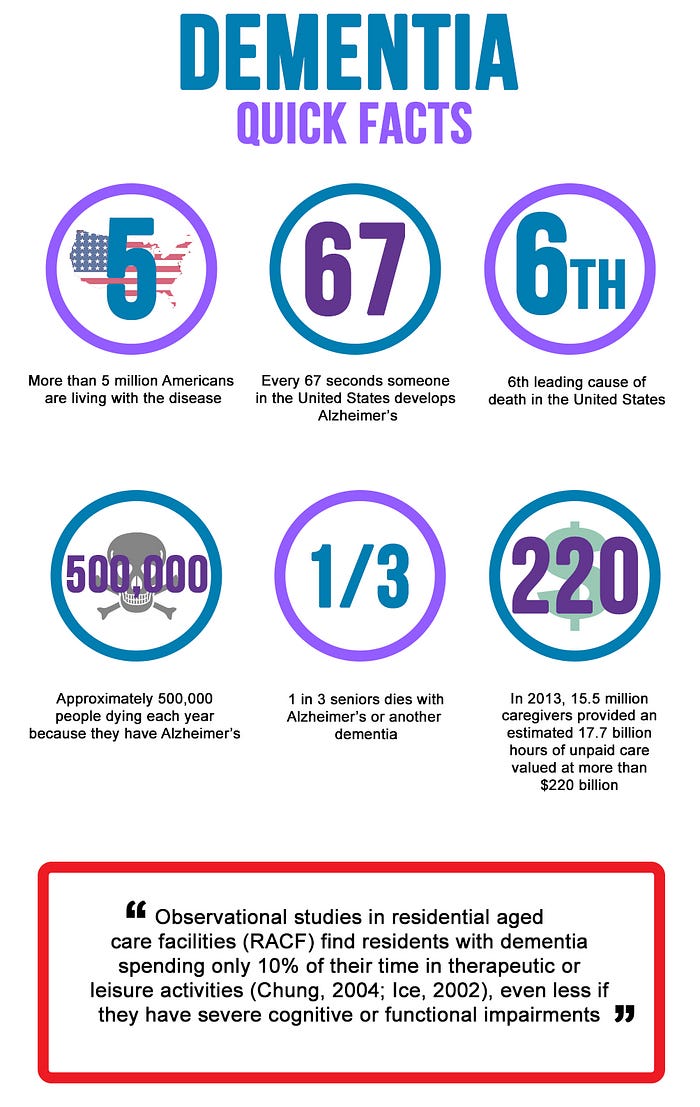Poetry For Life from Ji Hoon Heo on Vimeo.
In the small city of Charleston, Mississippi, also known as the “Gateway to the Delta,” Tallahatchie General Hospital (TGH) shelters a small population of patients suffering from dementia.
The patients routinely go about their days with the help of volunteers and nursing assistants, but the activity room is quiet, and interaction between patient and nurse is minimal.
Most patients are over the age of 65 — some can’t speak at all, some are able to say a few words, some can barely open their mouths; but when a man with a black blazer enters the room with a dozen middle school students, many eye the visitors curiously.
The man begins to introduce himself.
“So my name is Gary and I am a poet,” said Gary Glazner. “And a lot of times when I say that, they say, ‘He’s a poet, but he doesn’t know it. His feet show it, they’re long fellows.’”
Glazer likes to joke and laugh, but the patients seem disinterested. Some are yawning, some have their eyes closed and some have their heads down because they can no longer hold them up.
Despite that, Glazner begins.
“Every time I introduce Edgar Allen Poe, I always say his name P-O-E is like the first part of poetry. He couldn’t have been anything else. And just a week ago, this woman said, ‘Well, he could have been a tree,'” said Glazner laughing again.
Glazner has created a program called “Poetry for Life.” It’s sponsored by a number of local organizations, and Glazner’s goal is to help health care workers use poems familiar to the patients to help them reconnect with the world, even if just for a few minutes.
“We see in the sessions laughter, humor, joy, people to responding to poetry,” said Glazner. “We also use a lot of movement, we tell funny stories and jokes, so we think that ties into the person’s quality of life.”
Glazner saw the power of poetry in his own family.
‘So in 1997 when I first started doing this work, my mom was in the last stages of cancer,” said Glazner. “She had tumors that were in her brain and she was on heavy pain medication.’

Glazner said he pulled a bunch of poetry books out of the back of his car to share with his mother, to ease her pain and confusion. Glazner also hopes the program will help reduce the stigma associated with dementia, so he is enlisting the help of children from local schools to work with him.
For Heidi Jenkins, a student at Charleston Middle School, the experience of participating in the program has been profound.
“Shaking youthful hands with wrinkled hands, knowing that one day my hair would be as white as theirs. One day I might need young smiles with a mouth full of teeth to smile at me – an extra boost to make me smile. Shaking youthful hands with wrinkled hands is what changed my life.”
Statistics from Alzheimer’s Association and “Aging Ment Health.” Graphics by Ji Hoon Heo.
Story contributed by Ole Miss journalism graduate student Ji Hoon Heo. He can be reached at jheo1@go.olemiss.edu.

